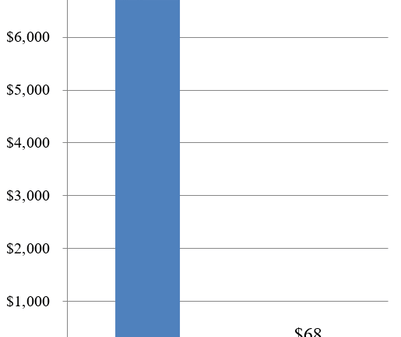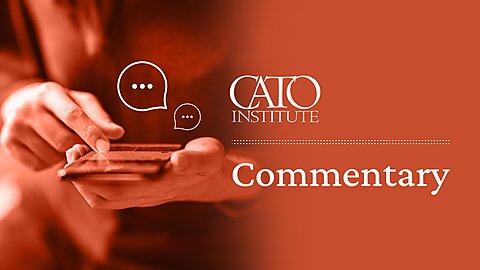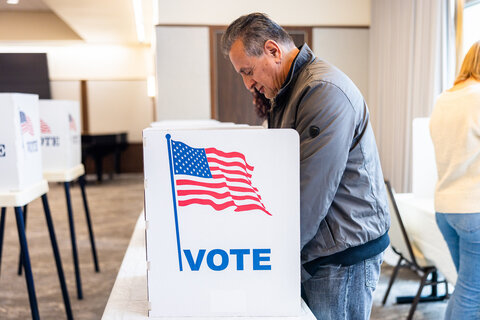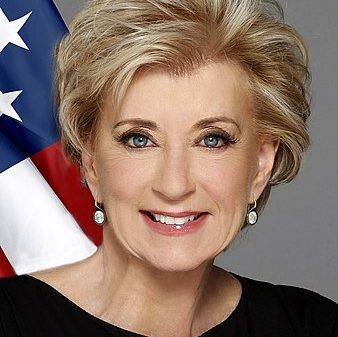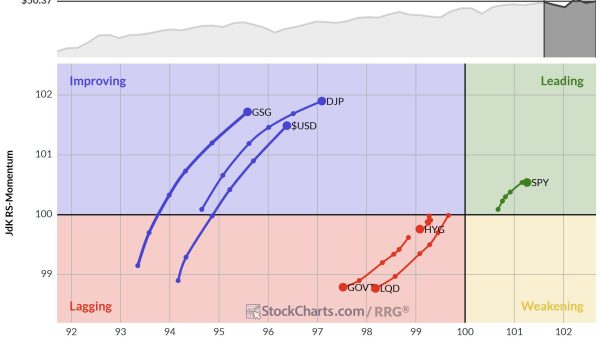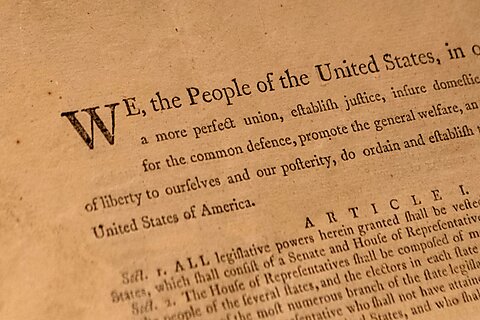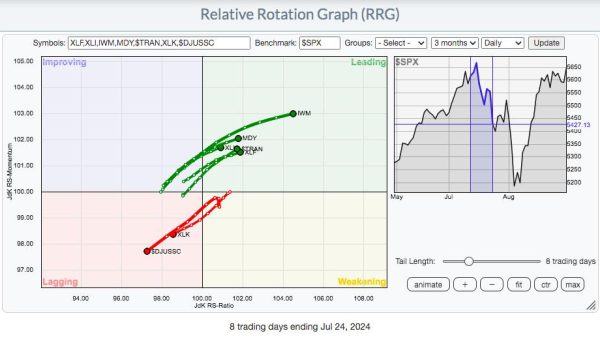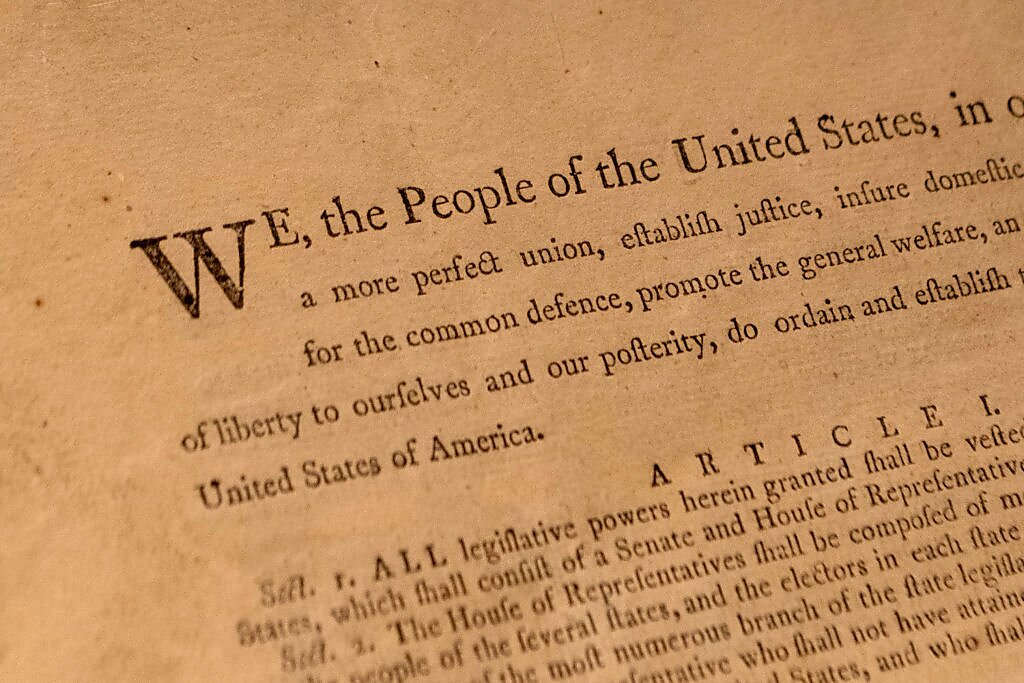
Popular opinion views liberalism and conservatism as radically different perspectives about the proper size and scope of government.
Liberals and conservatives do advocate dramatically different policies regarding abortion, drugs, guns, economic regulation, climate change, criminal justice, and more.
Yet liberal and conservative perspectives are the same in one key respect: both advocate using government to impose particular values. Conservatives want to ban drugs, liberals guns. Conservatives advocate banning abortions, liberals subsidizing them. Conservatives support subsidies for home schooling and religious schools, liberals the same for low-income housing and “clean” energy. Liberals advocate reparations for descendants of slaves, while conservatives want to ban affirmative action. Conservatives propose teaching traditional religious values in school, while liberals support critical race theory and LGBTQ+ themes in school curricula. Thus the goals of favored policies differ, but not the belief that government should promote specific views.
Indeed, liberal and conservative preferred policies—all of which involve government interference with private decisions—are often close to indistinguishable; on immigration and trade restrictions, industrial policies, protecting Social Security and Medicare, lowering drug prices, regulation of social media content, and more, conservative and liberal positions differ in details but not overall thrust.
In a few cases, liberals and conservatives agree on smaller government: land use regulation, federal prisons, government surveillance, civil asset forfeiture, eminent domain, and corporate bailouts. But these are exceptions.
Libertarianism differs fundamentally from both the liberal and conservative perspectives. While accepting that private arrangements are imperfect, libertarianism consistently asks whether government intervention does more harm than good. And it applies this skepticism regardless of the associated “values.”
Thus libertarianism argues against both drug prohibition and gun control; against government protection of unions, but not against unions per se; against government-imposed affirmative action, but not against privately adopted affirmative action; against any government-imposed content moderation of social media, but not against private moderation policies; against all trade and immigration restrictions; against government restrictions on school choice; against government-mandated licenses; and against the government defining marriage.
Perhaps libertarians are wrong about the merits of some government interventions. But applying a consistent lens across policies helps understand the inconsistencies of both liberal and conservative perspectives.
This article appeared on Substack on September 1, 2024. Constantin Wells, a former exchange student at Harvard, co-wrote this post.

